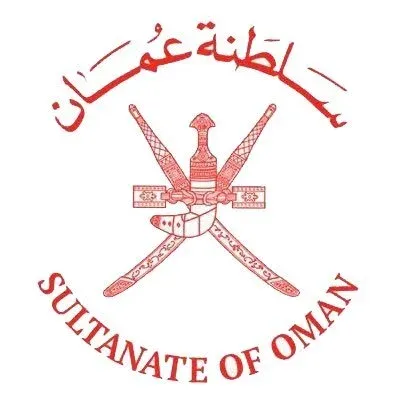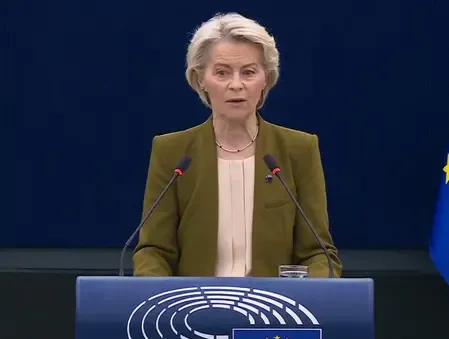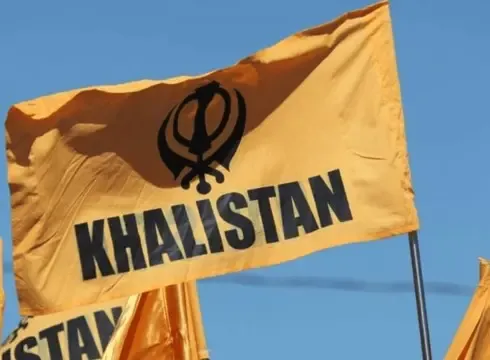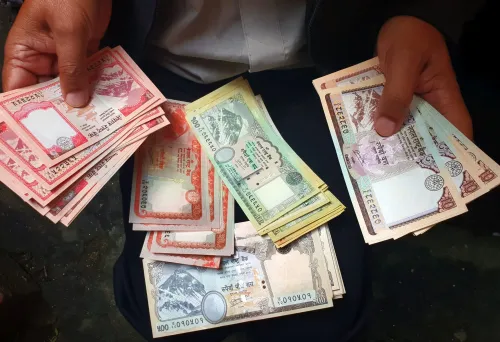Is Oman the First Gulf Nation to Introduce Income Tax?

Synopsis
Key Takeaways
- Oman is the first Gulf nation to introduce an income tax.
- 5 percent tax applicable from January 2028.
- Affects only top 1 percent of earners.
- Focus on economic diversification beyond oil.
- Supports sustainable development and social spending.
Dubai, June 23 (NationPress): Oman has made history by becoming the inaugural country in the Gulf region to implement a personal income tax aimed at generating additional funds for economic development.
The new 5 percent tax will come into effect in January 2028 and will be applicable only to annual incomes exceeding 42,000 rials (approximately $109,000). This initiative is expected to impact only the top 1 percent of earners, as reported by the state-run Omani News Agency.
No other nation within the six-member Gulf Cooperation Council currently imposes an income tax, a status that has been viewed positively by foreign workers in countries such as Saudi Arabia, the United Arab Emirates, and Qatar.
Oman's Minister of Economy, Said bin Mohammed Al-Saqri, stated that this tax will help reduce the nation’s reliance on oil revenue by diversifying public income while ensuring social spending is maintained.
The Ministry of Economy emphasized that the implementation of the Personal Income Tax (PIT), set for the beginning of 2028, marks a vital step towards bolstering financial stability and completing the fiscal sustainability framework. This initiative aims to provide sustainable funding for development across various sectors.
The minister remarked, "The tax serves as a new revenue stream to diversify public income sources and mitigate risks associated with over-reliance on oil. It will assist in maintaining current levels of social and service spending while safeguarding Oman’s achievements in financial and economic stability under 'Oman Vision 2040' and the Tenth Five-Year Plan (2021-2025)."
He further stated that the tax will yield significant economic advantages, supporting income diversification strategies and fostering long-term fiscal stability as a cornerstone of economic growth. It is also expected to sustain government revenues, enhance the state’s financial standing, uphold credit ratings, and increase spending power for beneficiaries, thereby stimulating aggregate demand and overall economic growth.
The minister highlighted that oil and gas revenues constitute between 68 percent and 85 percent of Oman’s overall public income, fluctuating with global energy prices. Although oil prices have stabilized at favorable levels recently, they remain unpredictable. Oman has effectively managed surplus oil revenues by maintaining public debt at safe GDP ratios, boosting investments, social spending, and subsidizing essential goods and services.









